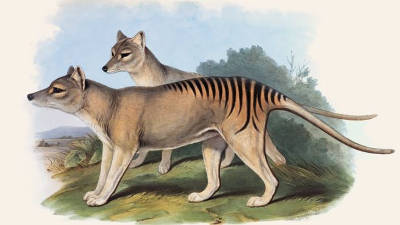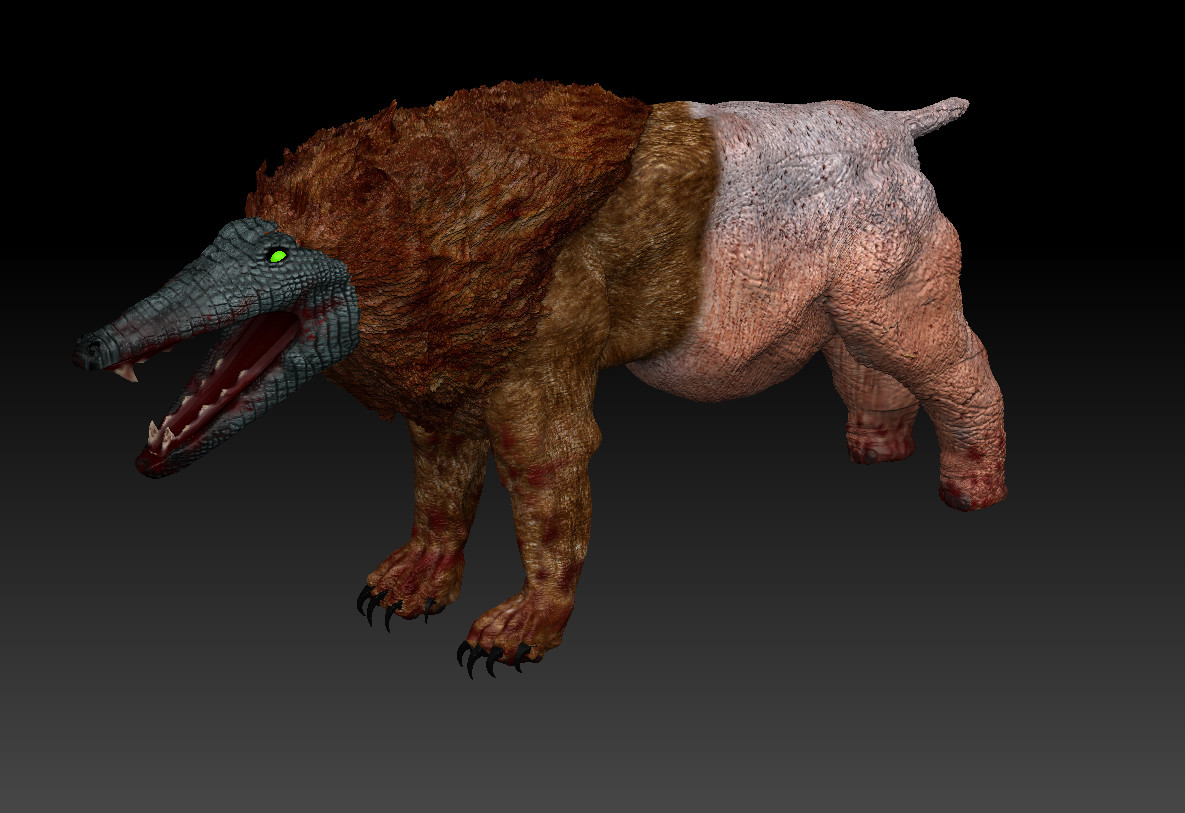


coast - an area greater than Vancouver Island, said Brian Falconer, who raises funds for and negotiates the buyouts for Raincoast. The foundation has already acquired the hunting rights for over 38,000 square kilometres of the B.C. government ended the trophy hunting of grizzly bears in the province, and stopped all types of grizzly hunting in the GBR - an area equivalent in size to Ireland on the province’s isolated central and north coasts.īut in an effort to protect other coastal carnivores such as black bears, wolves, cougars, and other prey prized by sport hunters such as mountain goats, the Raincoast Conservation Foundation aims to purchase the commercial hunting licence, or tenure, covering 18,239 square kilometres - a quarter of the GBR that includes most of its southern flank. “It’s violation of our culture and impacts our economy, and I just think bears are worth more alive than dead.” “Our nation and many nations within the Great Bear Rainforest (GBR) have never been in favour of hunting for sport. “In our culture, we bring up our youth to have respect for all wildlife, for all people,” Neasloss said. The shooting of animals for sport is wasteful, disrespectful and contrary to First Nations values, Neasloss said, noting trophy hunters often remove the hide and head but leave everything else behind. “I just think it’s beneficial for so many reasons,” said Neasloss, also the stewardship director for the community based in the tiny coastal village of Klemtu on Swindle Island in the heart of the world-renowned conservation area. Douglas Neasloss, chief councillor for the Kitasoo/Xai’xais Nation, thinks buying up hunting tenures to end trophy hunting in the Great Bear Rainforest is a great idea.


 0 kommentar(er)
0 kommentar(er)
